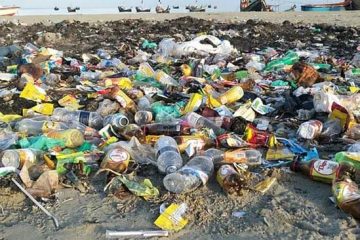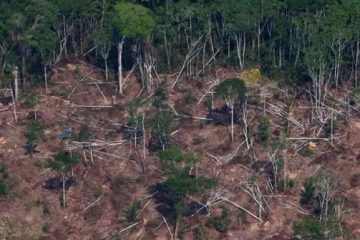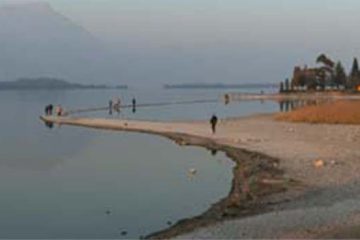Overfishing and pollution putting fish, sharks and whales in extreme danger – with extinction ‘inevitable’, study finds.
 Fish, sharks, whales and other marine species are in imminent danger of an “unprecedented” and catastrophic extinction event at the hands of humankind, and are disappearing at a far faster rate than anyone had predicted, a study of the world’s oceans has found.
Fish, sharks, whales and other marine species are in imminent danger of an “unprecedented” and catastrophic extinction event at the hands of humankind, and are disappearing at a far faster rate than anyone had predicted, a study of the world’s oceans has found.
Mass extinction of species will be “inevitable” if current trends continue, researchers said.
Overfishing, pollution, run-off of fertilisers from farming and the acidification of the seas caused by increasing carbon dioxide emissions were combining to put marine creatures in extreme danger, according to the report from the International Programme on the State of the Ocean, prepared at the first international workshop to consider all of the cumulative stresses affecting the oceans at Oxford University.
The international panel of marine experts said there was a “high risk of entering a phase of extinction of marine species unprecedented in human history”.
They said the challenges facing the oceans created “the conditions associated with every previous major extinction of species in Earth’s history”.
“The findings are shocking,” said Alex Rogers, scientific director of IPSO. “As we considered the cumulative effect of what humankind does to the ocean, the implications became far worse than we had individually realised. This is a very serious situation demanding unequivocal action at every level.
“We are looking at consequences for humankind that will impact in our lifetime, and worse, our children’s and generations beyond that.”
The flow of soil nutrients into the oceans was creating huge “dead zones”, where anoxia – the absence of oxygen – and hypoxia – low oxygen levels – meant fish and other marine life were unable to survive there. Hypoxia and anoxia, warming and acidification were factors present in every mass extinction event in the oceans over the Earth’s history, according to the researchers.
About 55 million years ago, as much as half of some species of deep-sea creatures were wiped out when atmospheric changes created similar conditions. In recent years, human effects on the oceans have increased significantly.
Overfishing has cut some fish populations by more than 90 per cent. Pollutants, including flame-retardant chemicals and detergents, are absorbed into particles of plastic waste in the sea, which are then ingested by marine creatures. Millions of fish, birds and other forms of life are choked or suffer internal ruptures from ingesting plastic waste.
During 1998, record high temperatures wiped out about 16 per cent of the world’s tropical coral reefs.
-With guardian.co.uk input Image: smh.com.au




